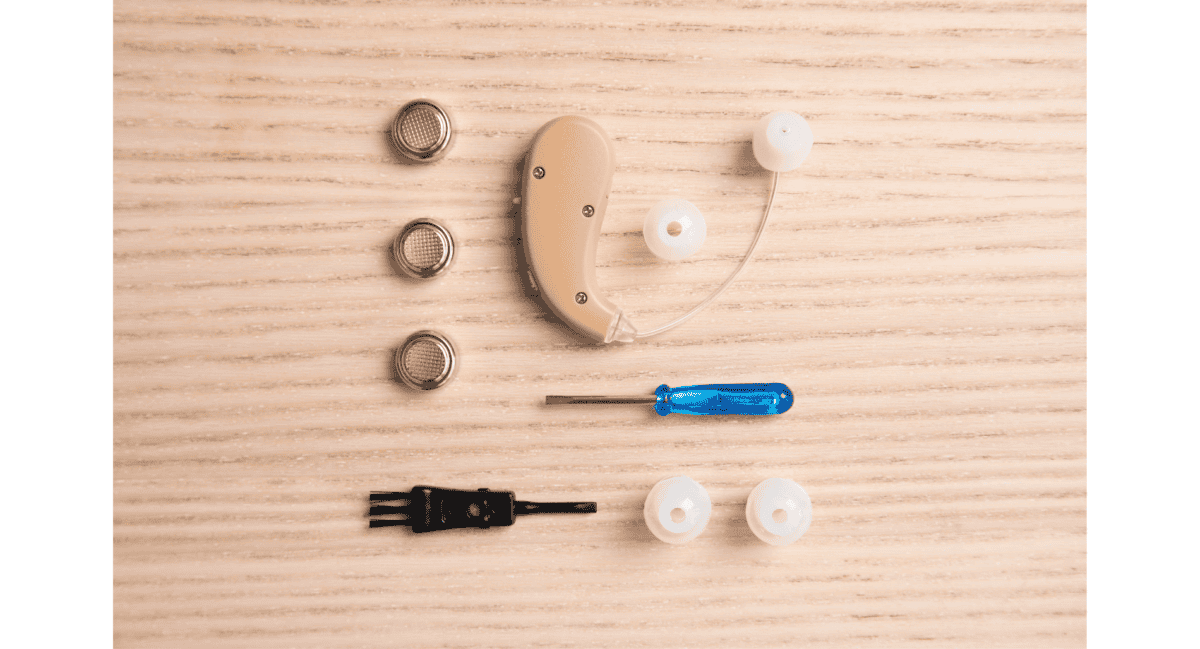- How to Effectively Communicate with Someone with Hearing Loss - May 7, 2025
- Understanding and Treating Itchy Ears - April 27, 2025
- The Difference Between Generic and Custom Earplugs - April 16, 2025
Hearing aids have become essential tools for many individuals, allowing for improved communication and a better quality of life. While these devices are helpful, they require proper care to function at their best. Consistent maintenance can prolong their lifespan and improve their sound quality.
Keeping Hearing Aids Clean
Hearing aids are worn daily, which means they can accumulate earwax, dirt, and moisture. At the end of each day, remove any earwax or debris from the hearing aids. Gently wipe them with a soft, dry cloth or a special cleaning tool provided by hearing health professionals. Pay close attention to the microphone and speaker openings as these areas are prone to buildup.
Use a wax pick or wire loop to remove any wax from the openings. This helps prevent blockage that can affect sound clarity. Never use water or cleaning fluids on hearing aids, as moisture can damage the electronic components.
Managing Moisture
Moisture is one of the biggest challenges for hearing aid users. Humidity and sweat can damage these sensitive devices very easily if not careful. Consider using a hearing aid dehumidifier or drying kit overnight. These products remove moisture and help keep the hearing aids functioning properly. Make sure to avoid wearing hearing aids in the shower or swimming pool. In humid environments, such as steam rooms, consider removing them entirely to prevent moisture damage.
Batteries are the power source of hearing aids, so taking good care of them is essential. Be sure to regularly check the battery life of the hearing aids. Most devices will emit a warning signal when the battery is low. When replacing the batteries, make sure that the hands are clean and dry. Oils and dirt can easily interfere with the battery’s connection.
Routine Checkups
Regular checkups with a hearing health professional ensure that the hearing aids are working correctly. They can offer professional cleaning services and examine the devices for any signs of wear or damage.
Most hearing health professionals recommend visiting at least once a year, or more frequently if issues arise. During these visits, they can adjust settings and perform software updates, if necessary, to enhance device performance.
Staying informed about new technologies and advancements in hearing aids can also be beneficial. Innovations continually improve user experiences, and hearing health professionals can provide insights into the latest features and benefits.
Conclusion
With consistent care and attention, hearing aids can provide excellent sound quality and reliability for many years. Regular cleaning, moisture management, and routine checkups are key aspects of hearing aid maintenance. By following these simple maintenance tips, it’s possible to extend the life of these valuable devices. Contact us today for more information!

